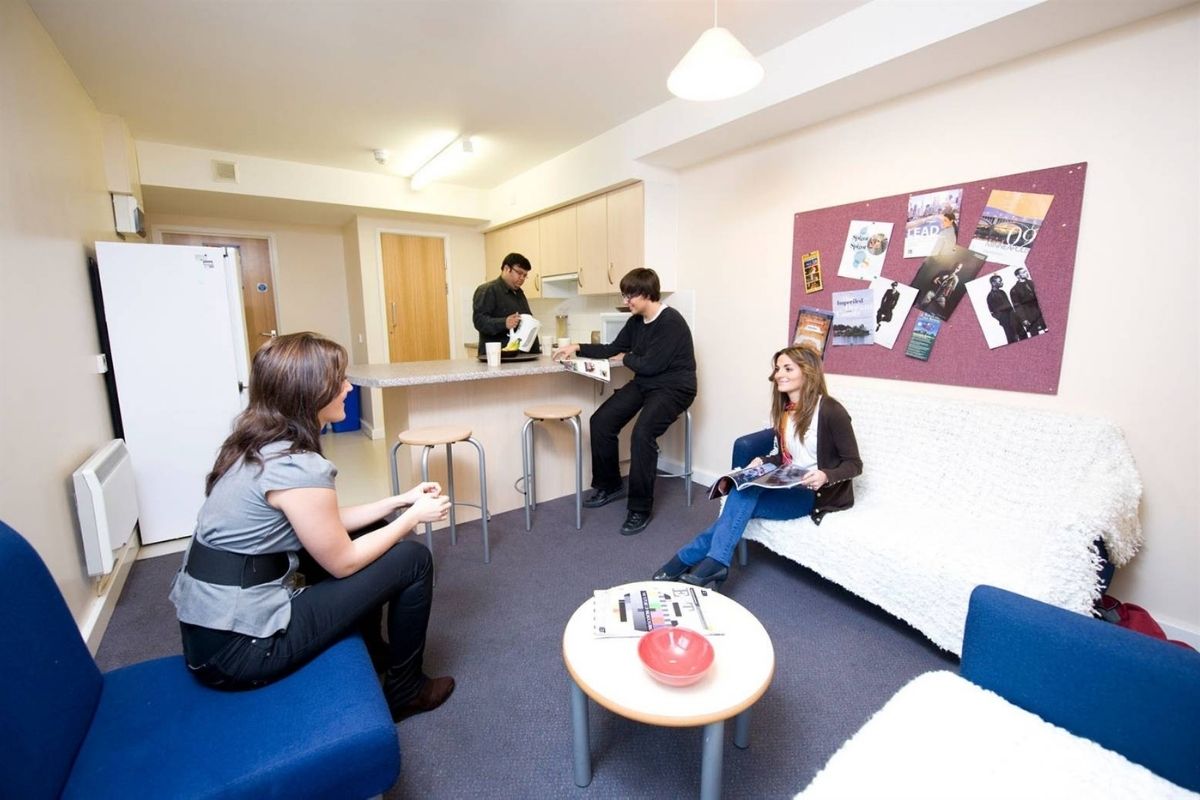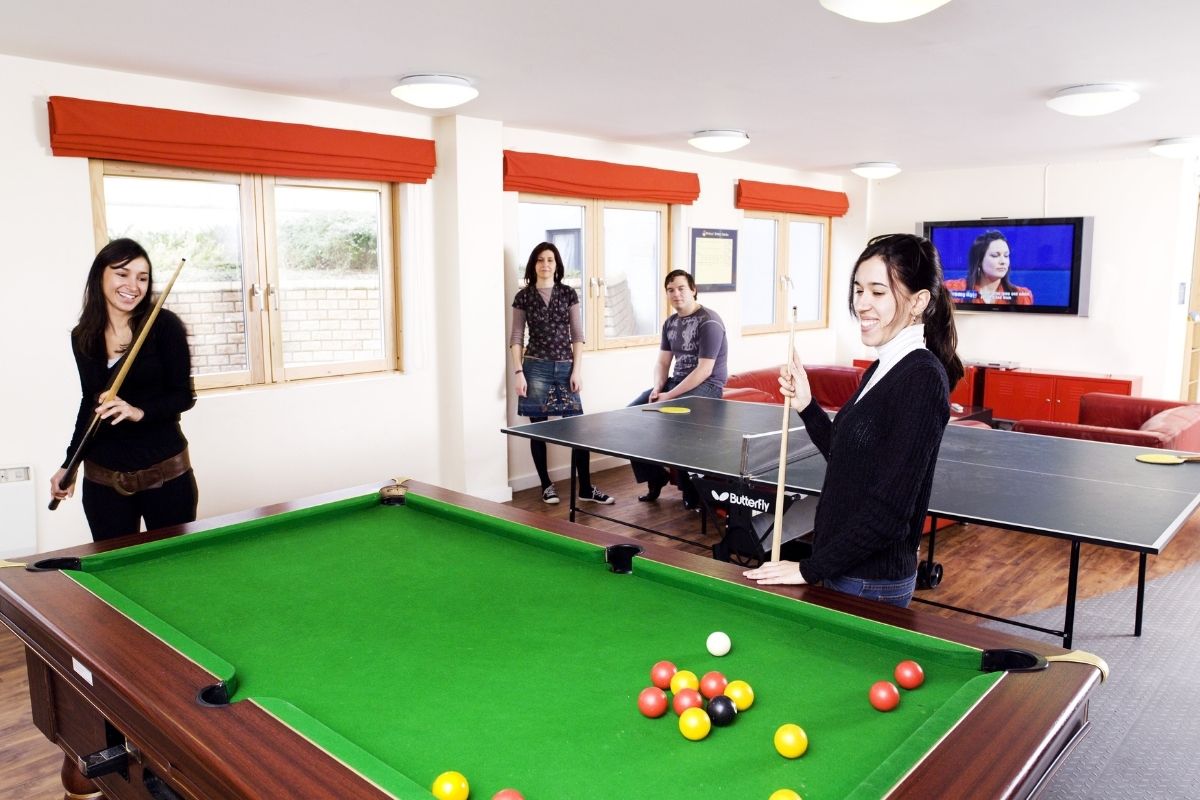Co-living in London: study, work and socialise
The Guardian calls it “the end of urban loneliness”. With the increase in co-working, co-living spaces, services, they are ending being alone. It has its pros and cons. Don’t get me wrong, but as a student, it could be an excellent opportunity to experience life with people from different cultures and be more open to different mentalities and ethnicities.
As a student, you move from the comfort of your home into the world of adults. Already moving abroad is a scary move to make, but if you can do it together with someone who shares your experience, it could be more accessible and less scary. Furthermore, co-living is an easy way to find accommodation for the academic year, but it is a lifestyle that puts important values first. Values form the basis for a correct and pleasant social coexistence, both in work and life.
What is coliving?
The concept of co-living marries the concepts of sharing and collaboration. Sharing spaces that are exploited every day to carry out the usual domestic activities and to work and study and, therefore, to produce can lead to substantial benefits. Sharing ideas stimulates discussion and creativity; the relationship with other personalities and cultures unabashedly favours opening horizons and perspectives that could not be developed and deepened in solitude. Living in an environment that becomes a community is useful both for those who love to share and those who are more reluctant. In a fast and unstoppable society like today’s, knowing how to build a network, virtual and personal, becomes a fundamental requirement both during studies and, perhaps above all, when entering the world of work.
If we talk about immediate benefits, then co-living allows you to divide spaces and costs. Thus, it will enable students who don’t have significant income to afford all the advantages of a comfortable place, including all the comforts to study and work.
Who can take advantage of co-living?
Co-living is why both students and young workers can benefit from this solution. Among young professionals, freelancers or digital professionals usually derive the most benefits from a co-living experience. Digital is a sector in a constant expansion that requires its employees, not just the technical skills, but also a good dose of creativity and imagination. Everything that has to do with digital and content production collides and meets with variety, novelty and beauty. For this reason, being constantly in contact with other brains and other personalities can only stimulate productive creativity at work.

What advantages does it have?
The advantages of co-living, already partially anticipated, are many, perhaps more than you might expect.
1. LIMITED ECONOMIC EXPENDITURE
Starting from the most practical one, indeed the limited economic expenditure. Sharing the basic expenses of accommodation, apartment or whatever solution you choose to cohabit allows the tenant to save part of their earnings and invest in the study, work or, why not, in personal hobbies.
2. BE PART OF A REAL COMMUNITY
Living in co-living, you will be part of a real community. This aspect should not be underestimated, and here is why. If you are an off-site student who arrives alone for the first time in a new city (and perhaps does not even know the language perfectly yet), they will feel part of a group, which can make a huge difference when studying abroad. It can help emotionally and practically. It allows you to compare and understand how to move within a new city (where to run errands, discuss courses, exams and textbooks ). Co-living can also make a difference in free time, always surrounded by new people and always looking for the next activity to share and experience together.
3. LEARN, COLLABORATE AND WORK AS A TEAM
Co-living is a school. You learn to collaborate and work as a team with people who, at least initially, are strangers, helping you develop those teamwork skills that are essential in the world of work. If you are already a young professional, co-living will allow you to consolidate these skills and lead your life in total comfort, saving part of the salary to lay the foundations for your future.
What are the options?
APARTMENTS
Living in an apartment will allow you to test living together with your flatmates, not having to make excessive use of maintenance and to be able to choose from a wide range of solutions, also based on the position concerning your places of interest. The other side of the coin is that the apartment is a basic small housing solution. Therefore more subject to noise and with less chance of having guaranteed your privacy 24h.
HOUSES
Compared to the apartment, the house certainly has larger spaces, but on the other hand, it requires more maintenance. There is less choice on the house’s location, and you have to choose a more distant from your places of interest, but you’ll have more chance to carve out your personal space.
RESIDENCES
This is perhaps the best of the three options. The residence combines ample space with the convenience of quickly reaching the university and all the services you need to make the most of your daily day. The shared rooms are equipped and will also allow you to get to know various cultures and personalities.

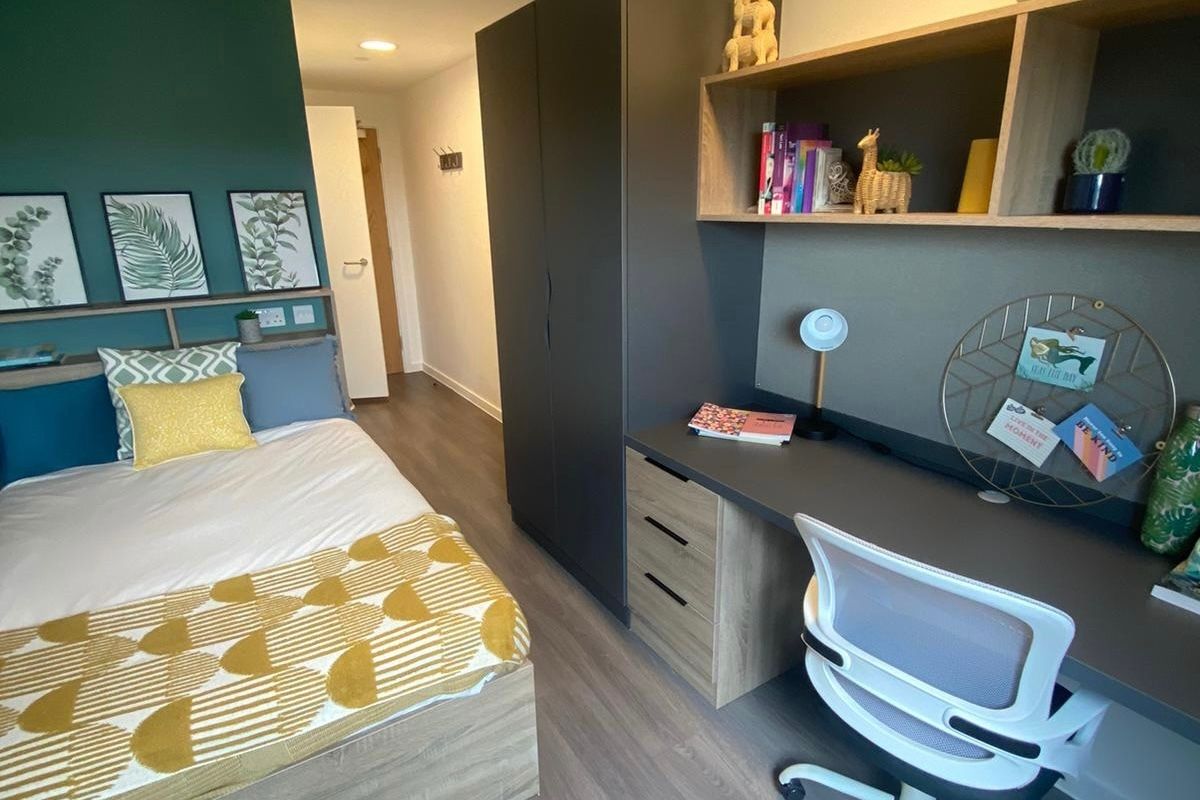
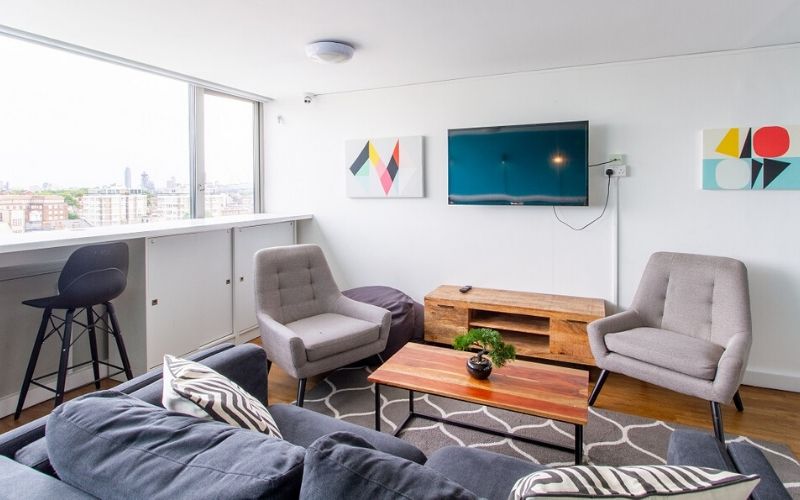
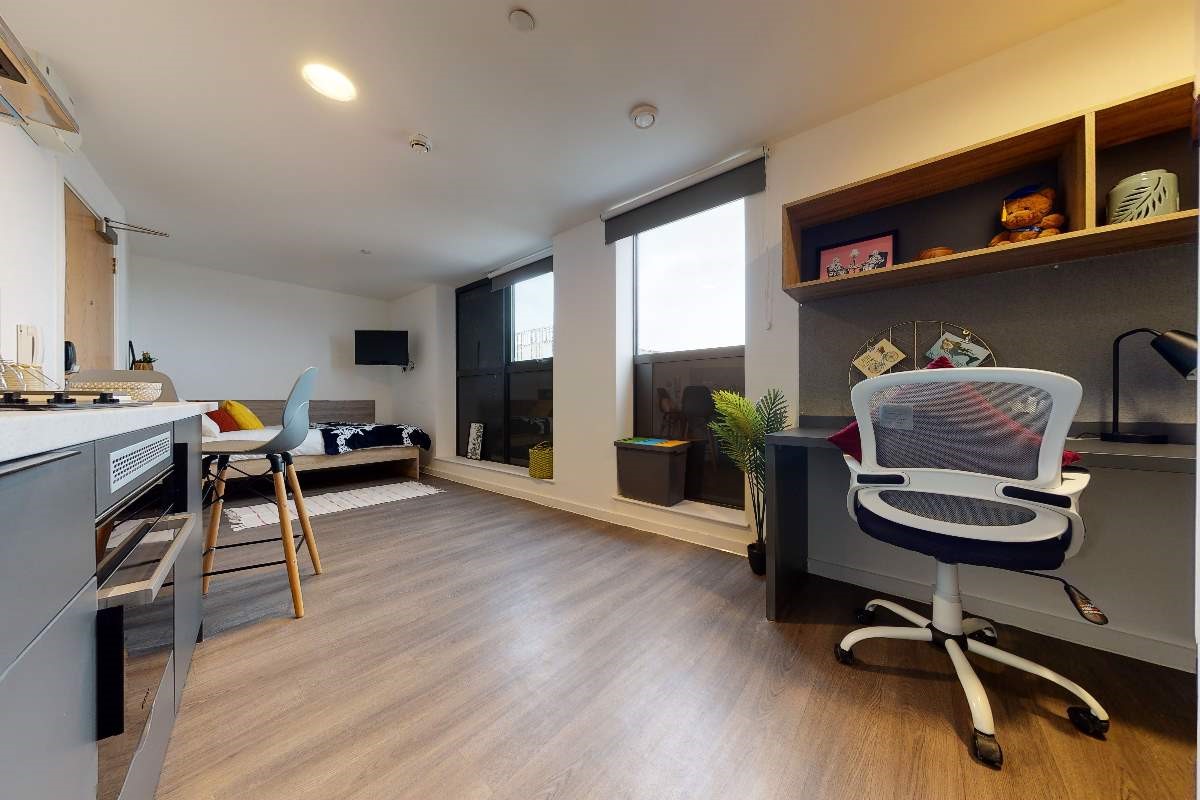
In conclusion, choose your home wisely. Co-living could be the start of another great adventure, and the difference is that the best adventures are the ones you share.
Learn more about co-living in London >
or
Discover the best student residences in London >

